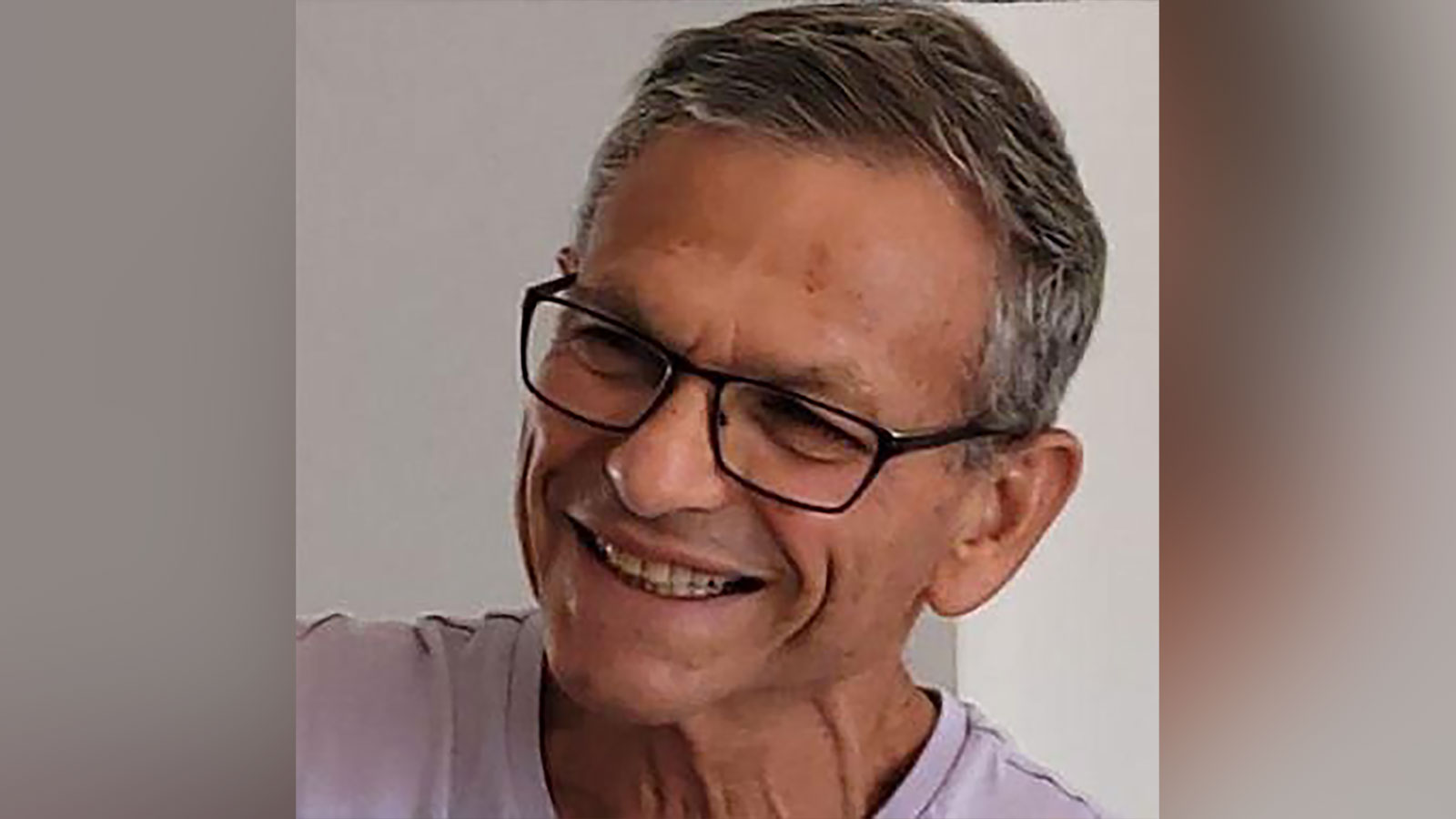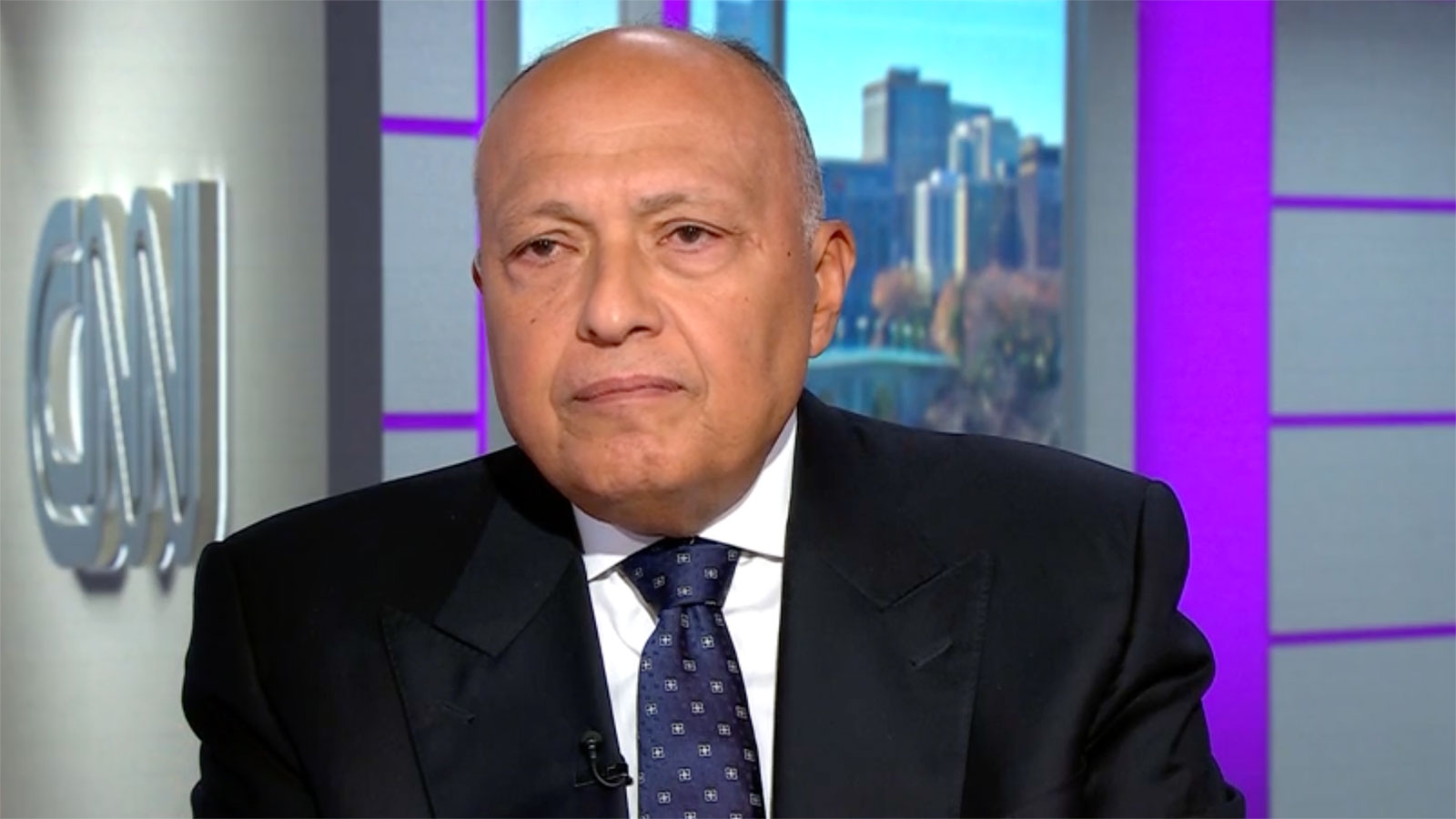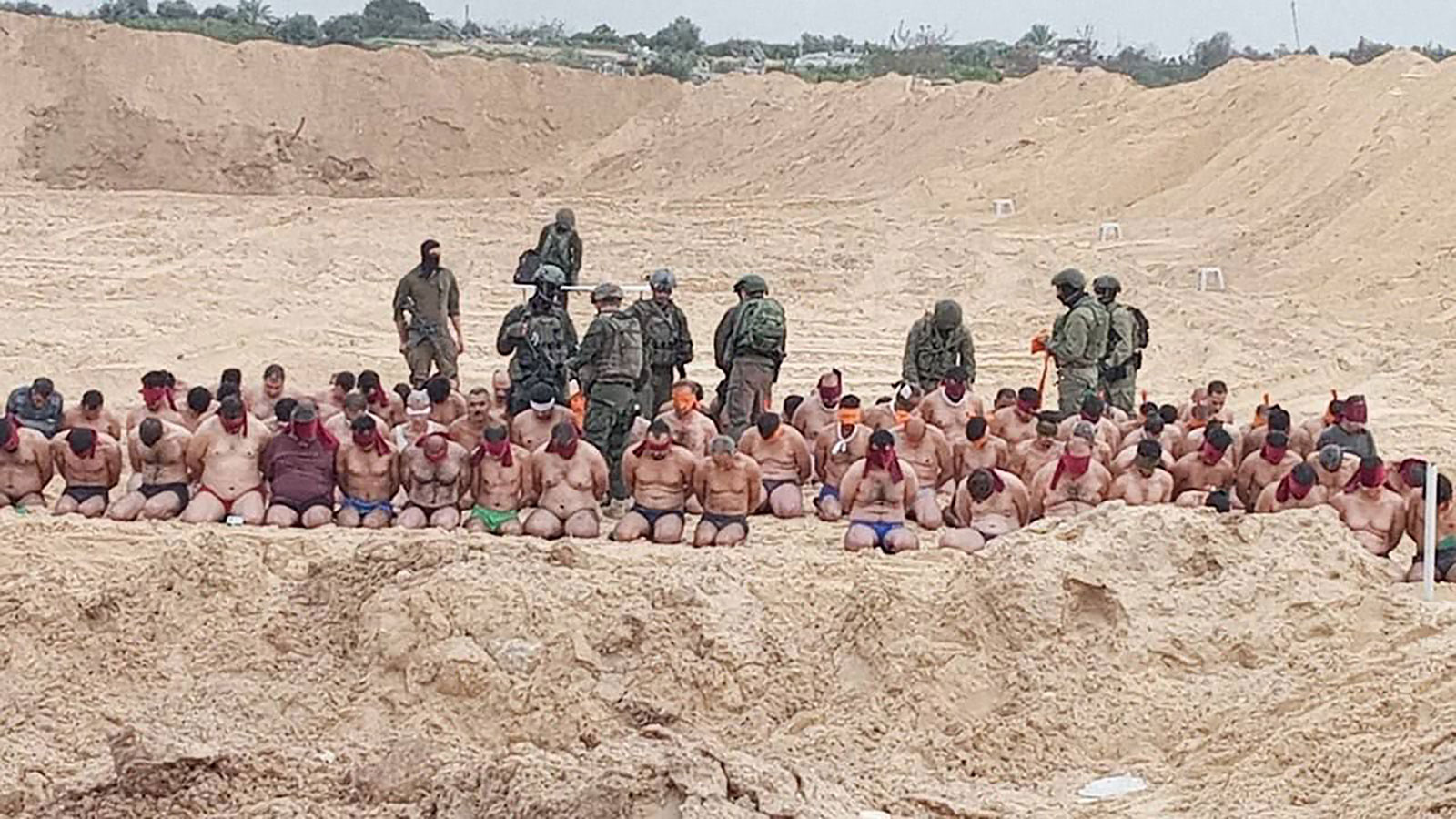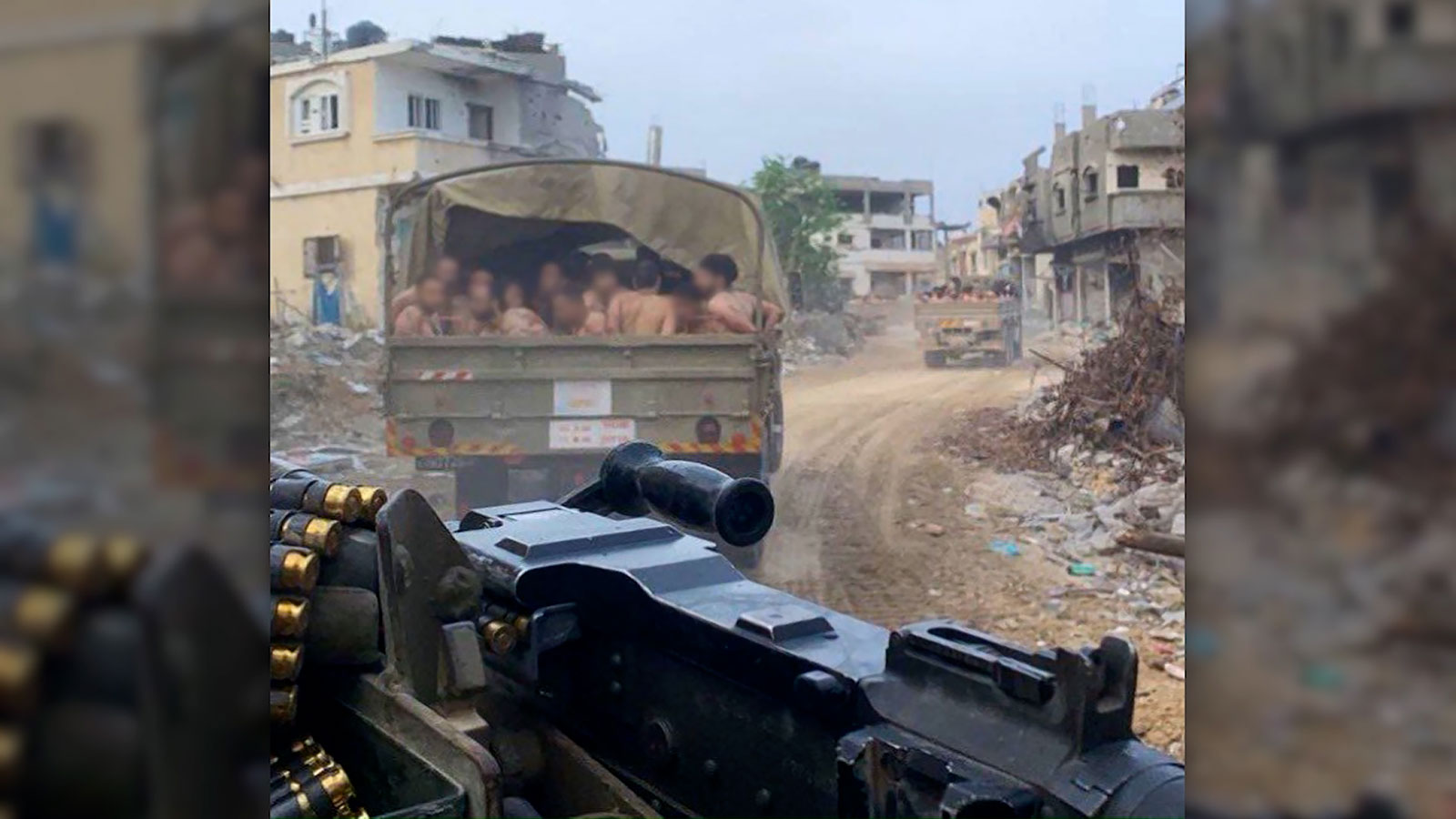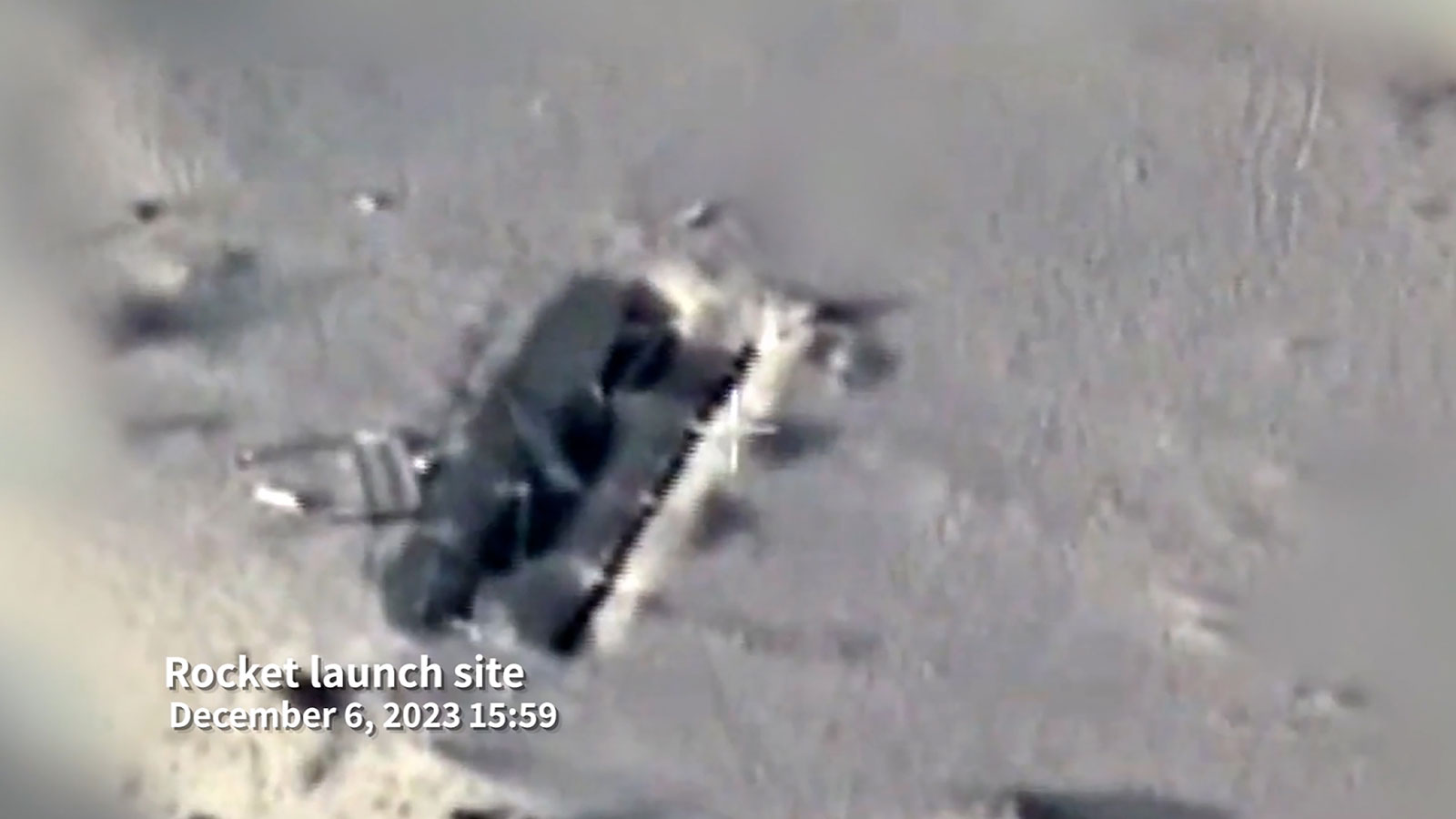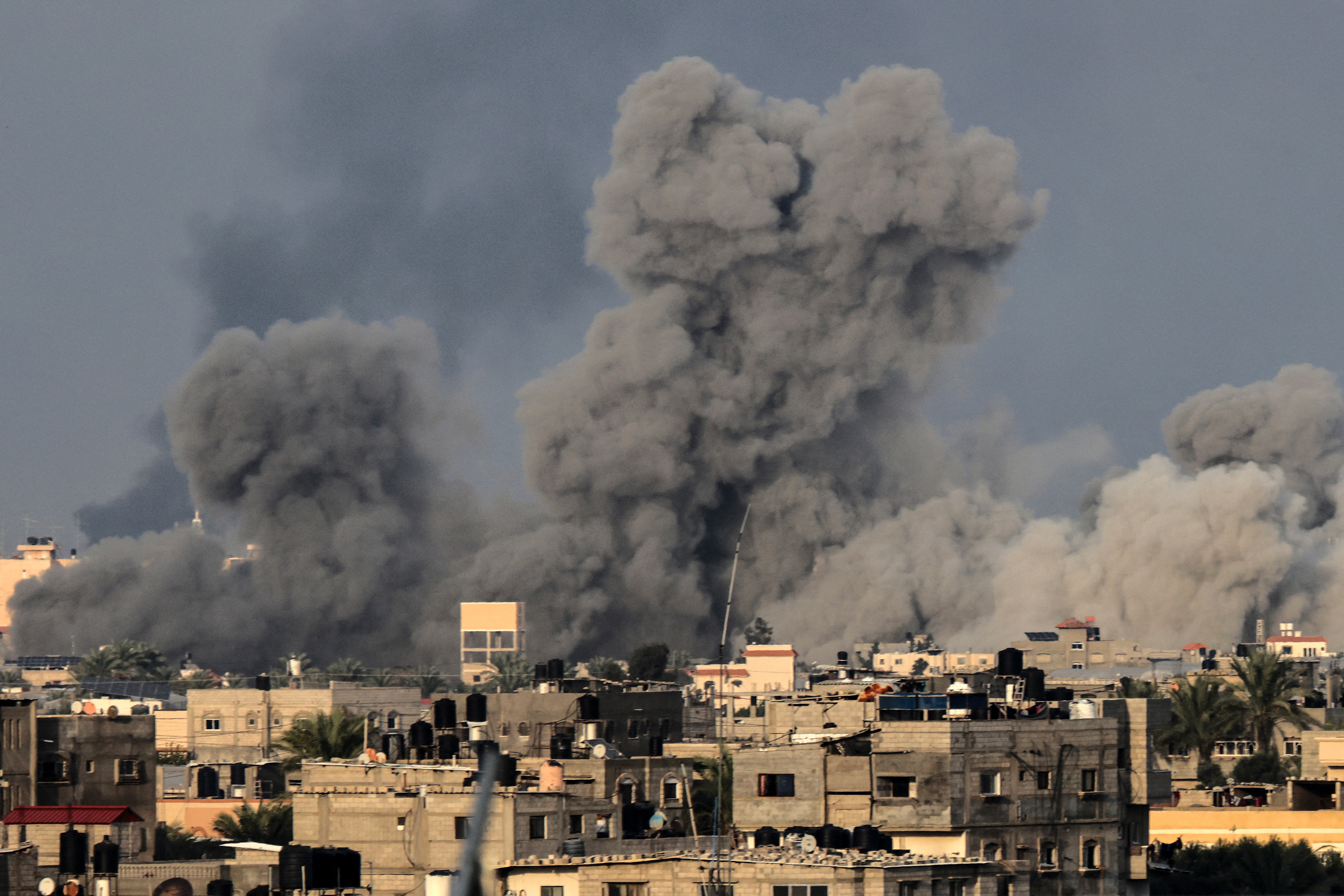
The humanitarian situation continues to deteriorate in Gaza as Israeli forces expand their operations throughout the Palestinian enclave.
Since Tuesday, the military has been operating in the southern city of Khan Younis, engaged in "intense battles" with Hamas fighters.
The conflict has caused "unimaginable loss, destruction and misery" and "everyone in Gaza is hungry," the United Nations World Food Programme (WFP) said.
Israel's security cabinet on Wednesday approved a "minimal" increase in the amount of fuel entering Gaza, but global leaders and aid groups say there needs to be much more assistance entering the enclave.
Here's what to know:
- Hunger in Gaza: In northern Gaza, 97% of households have inadequate food consumption and approximately 83% in southern Gaza are "adopting extreme consumption strategies" to survive, the WFP said. The agency said a quarter of households reported burning waste as their main source of cooking fuel with the rest of households using firewood or wood rubbish. On average, households said they had less than half a gallon of safe drinking water per person per day in northern Gaza.
- Emergency operations crippled: The Palestine Red Crescent Society (PRCS) said work has stopped at its ambulance center in northern Gaza because there is no fuel. The PRCS also said that bodies continue to be retrieved from the streets and from under rubble but recovery efforts are hampered because of the lack of fuel. Doctors Without Borders reported the number of corpses arriving at Al-Aqsa Hospital in central Gaza has now surpassed the number of injured.
- Israel operations continue: Israeli forces have arrested and questioned hundreds of suspects in Gaza allegedly involved in terror activities, according to a military spokesperson. Meanwhile, images circulating on social media showed a mass detention of men who were made to strip to their underwear, kneel on the street, wear blindfolds and pack into the cargo bed of a military vehicle. At least some of the men are civilians with no known affiliation to militant groups, according to a conversation CNN had with one of their relatives and a statement by one of their employers, a news network.
- Alleged Hamas launch site: The Israeli military released a satellite image and video it said showed Hamas rocket launches next to a “humanitarian zone” and UN facility in southern Gaza. Because the IDF satellite image of the rocket location is cropped, and the video is cropped and low resolution, it was not possible for CNN to corroborate its location.
- Gaza death toll: At least 17,177 Palestinians have been killed in Israeli attacks in Gaza since October 7, a spokesperson for the Hamas-controlled health ministry said Thursday. The spokesperson added that a total of 46,000 people have been injured, and the majority of wounded people are children, women, and the elderly.
- In and out of Gaza: At least 634 people crossed into Egypt on Thursday through the Rafah border crossing, officials said, including more than 400 dual nationals. A total of 70 aid trucks also entered Gaza, including nearly 21,000 gallons of fuel, according to the Rafah Crossing Authority. Meanwhile, Israel will open the Kerem Shalom border crossing with Gaza soon for the inspection of aid trucks. The UN has been calling for several weeks for the crossing to be opened, saying it would facilitate deliveries of more vital humanitarian aid to Gaza.
- Global voices: Talking with an Israeli official, US Secretary of State Antony Blinken commended the fuel allowed into Gaza but said that more humanitarian assistance is still needed, according to a senior State Department official. US President Joe Biden also reiterated to Prime Minister Benjamin Netanyahu the need for Israel to protect civilians, the White House said.
- Journalist death investigation: Investigations by two news organizations and two human rights groups made public Thursday said that Israeli tank shells killed Reuters videographer Issam Abdallah and injured six other journalists in southern Lebanon in October. Eylon Levy, a spokesperson for the Israeli government, said he was “not familiar” with the new reports, but reiterated Israel only targets Hamas, "we do not target civilians."
- Regional strikes: Following the death of an Israeli civilian in northern Israel from an anti-tank missile from Lebanon, Israeli fighter jets struck “a series of terror targets” of Hezbollah on Thursday, the IDF said. Lebanon alleged that Israel shelled the outskirts of a town with "phosphorus" — a claim the IDF denies, saying it only uses "legal weapons and ammunition.” The IDF also struck targets in Syria and Lebanon after missiles were reportedly launched toward Israel on Thursday evening.
